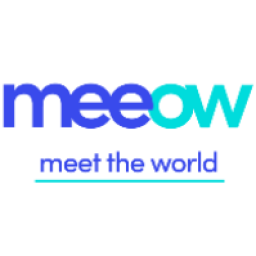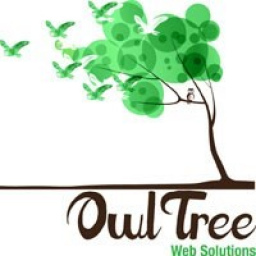The Next World Wide Web
You may have heard the term Web 3 (also known as web 3.0) being banded around more and more; probably because you've heard of blockchain and cryptocurrency.
But what is it and is it the future?
Web 3 is an idea for the third iteration of the web but first let’s look at Web 1.0 and Web 2.0.
Web 1.0 and Web 2.0
Web 1.0 as the name suggests is the first iteration of the world wide web. This is when most sites were static pages and users were consumers and not producers of content.
Web 2.0 made users content creators by uploading content to forums, social media, blogs, YouTube etc.
Web 3.0
Tim Berners-Lee, the inventor of the world wide web, conceptualised a semantic web way back in 1999 and later added that the semantic web would be a component of Web 3.
The basic concept of Web 3 is the decentralisation of information on the web by using technologies such as blockchain. This is the same technology used by cryptocurrency and non fungible tokens (NFTs). Specific visions of how this may evolve are hazy but some are based around the decentralised autonomous organisations (DAOs) where governments and banks are not involved.
This has been touted as the solution to concerns about over-centralisation where a handful of tech companies control the web and its information. Libertarians argue that this will put the power back in the hands of ordinary people and end the elite’s power over us.
Also, with data being decentralised, data security and privacy could significantly improve.
This all sounds great and some investors and venture capital companies are betting heavily on the fact that Web 3 is the future. But is it really as good as it sounds?
The Sceptics
Some legal scholars have expressed concern over decentralisation. They say it will make it more difficult to prevent cybercrime, harassment, hate speech and child abuse images for example. Others have suggested that it is not as decentralised as it would seem pointing to the consolidation within the blockchain arena which would again hand back control to a powerful few.
Big tech aren’t all onside either. Web 3 has been called a ‘venture capitalists plaything’ and a ‘marketing buzzword’ by some firms' CEOs.
Some critics have also raised concerns about the environmental impact of blockchain especially when the energy concerned is not from a green source.
Jonathan Shaw CBE, former head of cyber security for the British Army believes that one of the next big threat comes from blockchain technology. He’s said “everyone’s getting really hooked on blockchain technology as if it’s some kind of panacea and totally secure. It’s not. It has back doors, it has been hacked. This idea that suddenly blockchain makes cyberspace a secure environment is complete nonsense.”
Too Early to Call
The future of Web 3 and how it evolves isn’t clear at this point in time. There are as many for it as there are against it. The question of whether regulators and individual governments will allow it is still unknown.
Will it just shift power from tech companies to venture capital companies? Is it really more secure or is it a good way to hide? Is it greener?
All of these are still unanswered for us at the moment and the opinions of each side are biased, each to their own end no doubt.
In a nutshell, we think it’s too early to call.
 Fleetmaxx Solutions
Fleetmaxx Solutions











